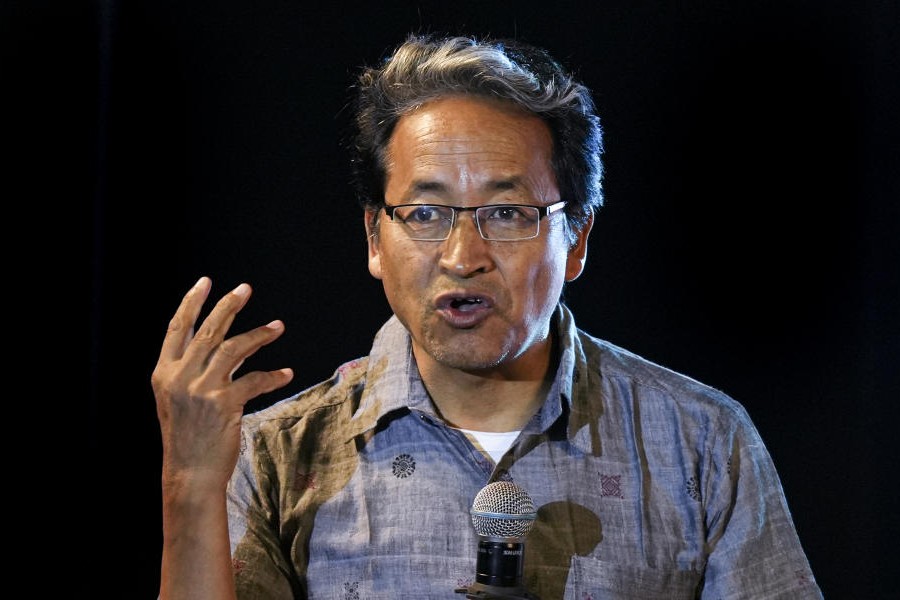|
|
| Passionate palate |
In 1983, as the founder editor of the magazine Granta, which he revived, Bill Buford published, in a single issue, the writings of Martin Amis, Julian Barnes, Kazuo Ishiguro, Ian McEwan and Salman Rushdie. The issue was called “Best of Young British Writers’’. But if Buford were to be asked what was he more proud of — that issue or his culinary skills, learnt at the feet of one of the masters, he would vote, as this book makes abundantly clear, for the latter. Food, as any reader of Heat will discover, is his passion.
There are many people, around the world, who are passionate about food: a handful of devotees of the palate who live to eat and not the other way round. But how many take the trouble of finding out from the inside what goes into the making of a delectable dish? Buford is one of the rare individuals who made the move from gourmet to amateur cook to being a cook in a top class restaurant. This book tells the story of this move in an extraordinarily colourful and attractive way. Its style of writing will draw anyone who values good writing, and its contents will lure all those who cherish good food. It is a rare blend and the outcome is rich in aroma, taste and the je ne sais quois that is at the heart of all good writing and all good food.
Buford’s adventures began when he invited the larger-than-life New York chef, Mario Batali (he ran the restaurant Babbo in Manhattan) to his home for dinner. Batali arrived at the dinner party “bearing his own quince-flavoured grappa (the rough, distilled end-of-harvest grape juices rendered almost drinkable by the addition of the fruit); a jar of homemade nocino (same principle, but with walnuts); an armful of wine; and a white dense slab of lardo — literally, the raw “lardy’’ back of a very fat pig, one he’d cured himself with herbs and salt.’’ He took over the evening and not long into it, “he’d cut the lardo into thin slices and, with a startling flourish of intimacy, laid them individually on our tongues, whispering that we needed to let the fat melt in our mouths to appreciate its intensity. The lardo was from a pig that had lived on apples, walnuts and cream, and Mario convinced us that, as the fat dissolved, we’d detect the flavours of the animal’s happy diet — there, in the back of the mouth.’’
Buford was sold and he decided to join Batali’s kitchen in Babbo. The book captures Buford’s experiences in the kitchen and elsewhere relating to food. This narrative is deftly interspersed with a retelling of Batali’s career which Buford follows, often by going back to the places and persons that influenced the chef.
The most important thing that Buford learnt in the crowded Babbo kitchen is tucked away at the end of a chapter. He learnt the principle of “cooking with love’’. “A dish was a failure because it hadn’t been cooked with love...If you are cooking with love, every plate is a unique event.’’ The love and the passion add to the taste and the flavour. No wonder food, across cultures, has erotic associations. This is a delicious book because it has love in it: love for food.












